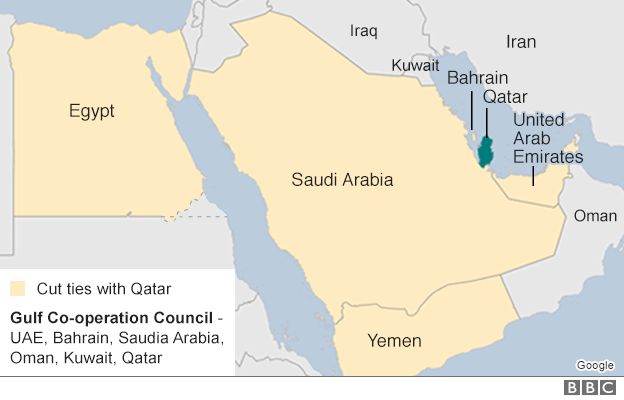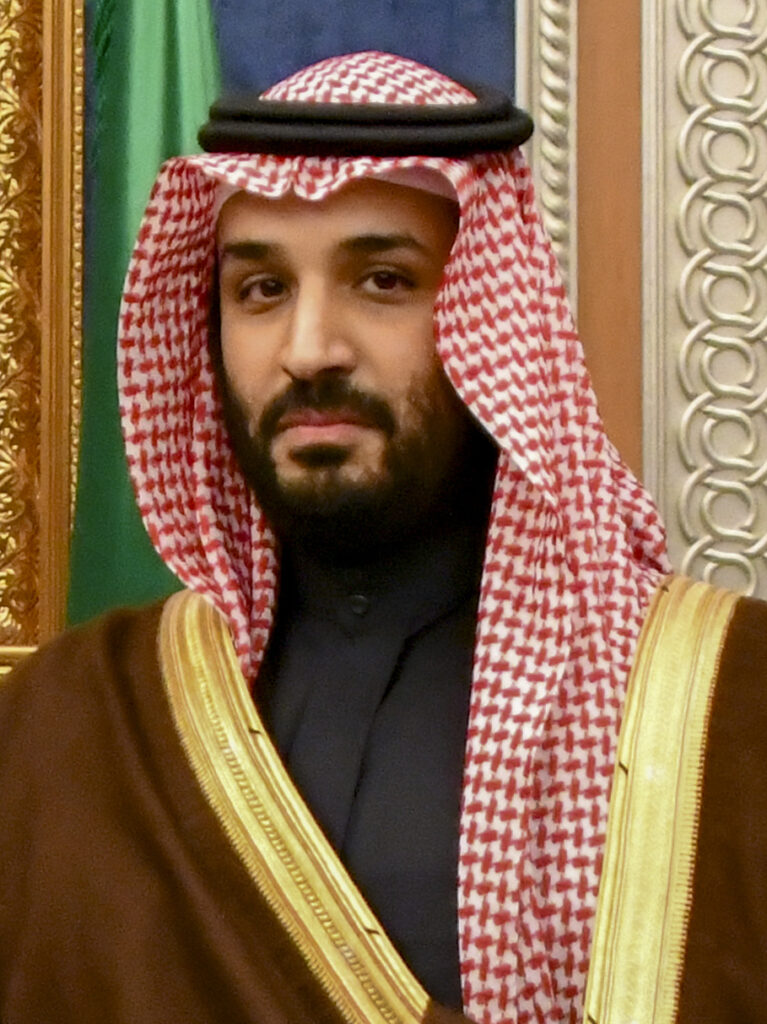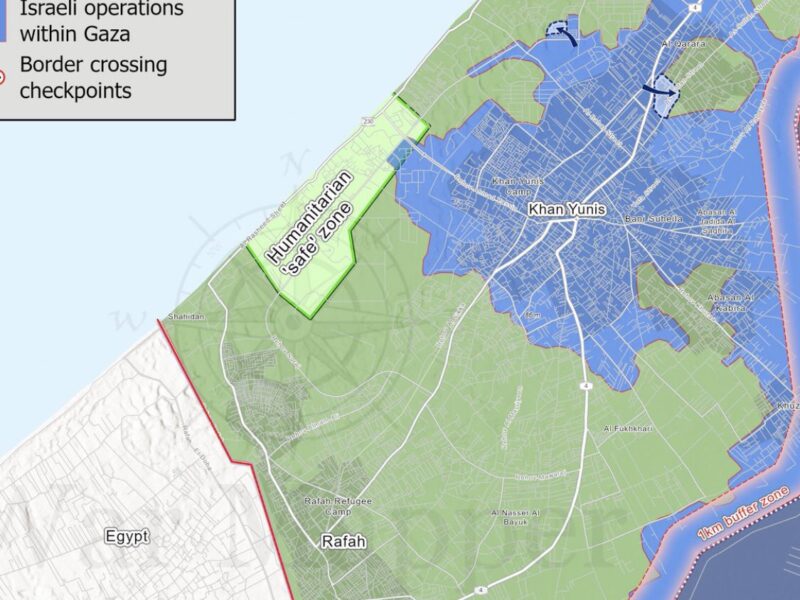An End to the Qatari Crisis?
In January of 2017, Saudi Arabia, Bahrain, Egypt, the UAE, Yemen, and the Maldives each cut diplomatic and economic ties with Qatar, in response to Qatar’s friendly relationship with Iran and its satellites. They were soon joined by many other nations in shunning Qatar. Almost exactly four years later, the Saudis ended their embargo. Given Saudi Arabia’s cold war with Iran and warming relationship with Israel, this change in policy towards Qatar came as a surprise.

While Saudi Arabia has yet to normalize relations with Israel as various Arab/Muslim countries have done, the Saudis have been surprisingly supportive of those new arrangements. When Israel reestablished diplomatic ties with the UAE and later, Bahrain, the Saudis allowed the inaugural El Al flights between Israel and those two countries to cross Saudi air space. In recent years, the Saudis have become increasingly impatient, and publicly so, of Palestinian power games. Most importantly, the Saudis seem to have taken an “enemy of my enemy” approach to Israel with regards to Iran, their mutual enemy. With the civil war in Yemen having devolved to a proxy war between Saudi Arabia and Iran on the Saudi’s southern border (and sometimes spilling into the Kingdom itself), the Saudis have very little incentive to make nice with Qatar, a wealthy Iranian ally sharing a border with the Saudi’s to their east. So, what gives?
Anyone who has followed the workings of the Saudi Crown Prince Mohammed bin Salman (MBS) over the last few years will admit that he is the consummate Machiavellian Prince. He is single-minded in pursuing his goals for the Kingdom and unafraid of getting his hands dirty in the process. The idea that he would support a diplomatic course so at odds with Saudi interests heretofore is laughable. Moreover, why would he risk the Saudi relationship with the United States to do so?
On January 4, 2021, the Saudis and Qataris agreed to begin reconciliation in a deal negotiated by the US and Kuwait and announced by the Kuwaiti government. This reconciliation is something that the US and the Saudis both want, along with Kuwait, another American ally. I strongly suspect that the Qataris do not want to be held responsible with Iran for Iran’s renewed public efforts to develop nuclear weaponry. And since Iran struggles economically, the Qataris also probably need to rebuild their number of trading partners. Qatar’s other main trading partner is Turkey, which is also facing economic difficulties and has overstretched its military in recent years.
With Qatar being a peninsula in the Persian Gulf, a continued embargo would cut them off from the rest of the world if traffic in the Gulf were shut down in a standoff or war with Iran. The Qataris have also made it clear that they hope to facilitate talks between Iran and the other Arab states. The Saudis, meanwhile, know to “keep their friends close and their enemies closer.” On the Saudi end of things, I highly doubt the renewed diplomatic relations are in any way friendly. Instead, the Saudis are giving the Qataris enough “rope to hang themselves” on the understanding that there will be serious consequences if the Qataris misstep.

On the day this agreement was reached, the United States announced a change of naval policy in the Persian Gulf. Whereas it had been planned up through the end of 2020 for the carrier USS Nimitz to return stateside after a ten month stint in the Persian Gulf, on January 4, 2021, the Pentagon announced that the Nimitz would remain in the Gulf. While the official reason given for that policy change is Iranian saber-rattling, it is awfully convenient that the Nimitz will be immediately available in support of the Saudis if Qatar misbehaves and that the announcement was made on the same day as the Saudi-Qatari deal was announced.
Shortly before the Saudi/Qatari deal was announced, the United States announced its plan to designate Yemen’s Iran-backed Houthi rebels as a terrorist group, following through on that intention on January 11. Reestablishing ties between Saudi Arabia and Qatar while denouncing the Houthis and their supporters makes it easier for the Saudis to concentrate on their efforts against Iranian influence in Yemen. Moreover, Qatar has further removed itself from Iranian control by reestablishing ties with the UAE about a week after its deal with the Saudis and by backing the US-supported Moroccan plan for Western Sahara, both the UAE and Morocco having recently normalized relations with Israel.
Egypt, a regional American ally and 2017 embargo participant, has reopened its airspace to Qatar, as has Bahrain, Qatar’s neighbor and Avraham Accord participant. Sudan, which has recently normalized relations with Israel and is desperately trying to improve its relationship with the US after its removal from the American state sponsor of terror list, has opened talks with Qatar in recent days. A significant move considering Qatar’s newfound friendship with Sudan’s rival, South Sudan. The Maldives, another participant in the 2017 embargo, has also restored full diplomatic relations with Qatar. At this juncture, all the original participants in the 2017 embargo have at least opened travel with Qatar, along with all Arab participants in the recent peace deals with Israel.
What we are witnessing is not Saudi support for a state sponsor of terrorism. Instead it is Qatar’s realignment away from the Iranian camp, MBS’s shrewd refusal to permit an adversary to operate outside his sphere of influence, and Qatari wisdom to position itself on more neutral party and potential negotiator between opposing camps.
Rachel Mosely tracks under-reported international news stories at In Other News on Facebook.







